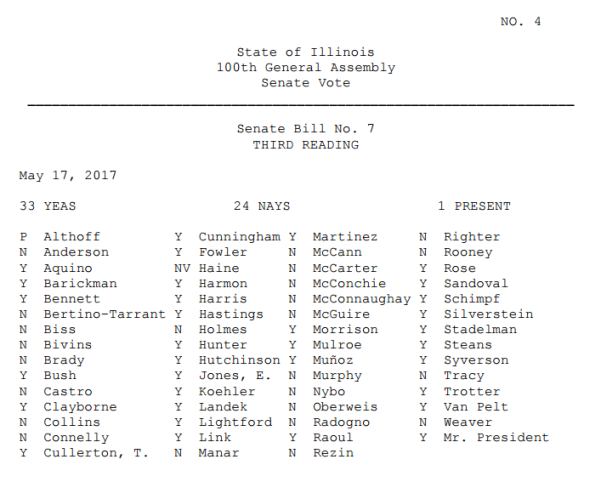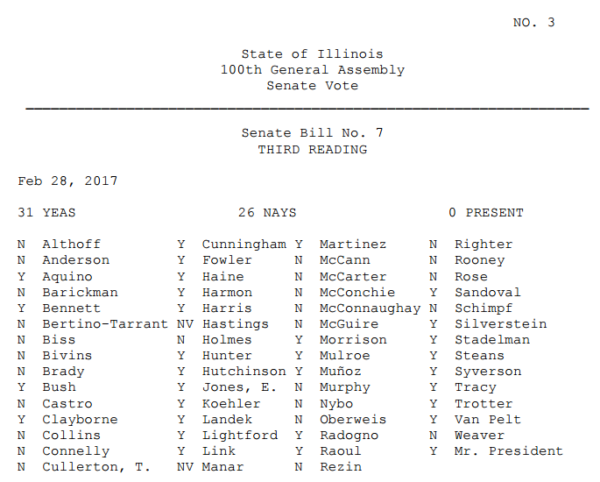I write this article as a concerned observer, not as an expert on the phenomenon of gambling and not as someone who ever struggled with gambling. I have simply noticed the pervasive presence of gambling stats and odds in the world of sports, coupled with invitations to download gambling apps, prompting me to wonder how many more Americans will becomes slaves to this highly addictive habit. Or, if they don’t become slaves to gambling, how many will simply lose lots of money indulging this habit?
Some years ago, a pastor told me that a well-known worship leader was scheduled to be at his church but never showed up. It turns out that the man had a secret gambling addiction, and he fell back into his old habit while on the road, because of which he was a no-show that night. Gambling, at least for a season, had destroyed his ministry.
It’s a sad story, but it’s also illustrative. Gambling addictions are as real as drug and alcohol addictions, and in their own unique way, they can be just as destructive.
That’s why the rise of sports-related gambling has gotten my attention. It really is everywhere.
For me, watching sports one night on a free weekend is a nice way to relax or unwind. Or I’ll read some sports pages online after hours of writing. It’s a harmless way to chill and wind down.
But with some sports, at the beginning of the event, you’re told what the latest odds are. Then, as the event unfolds, in live, real time, you’re told what the latest betting odds are, being adjusted by the minute. Obviously, people are betting all the time.
Or you’re reading about the buildup to a major game or event, and in the same article that you’re reading, there’s a betting section as well. “We recommend putting your money here.”
Then there are the ads for betting websites and apps. They, too, seem to be everywhere these days. Have you noticed this as well?
Well it appears that we’re not the only ones taking notice.
A Forbes headline on February 15, 2022 announced, “U.S. Gambling Revenue Hit Record $53 Billion In 2021.”
As the article explained, “The nation’s casinos and gaming mobile apps rang up a record $53 billion in revenue last year, according to a report by the American Gaming Association. Revenue is up 21% from the previous annual record set in 2019, which was just before the pandemic forced much of the industry’s casinos to close for months.
“Bill Miller, the president and CEO of the American Gaming Association, called 2021 a ‘remarkable’ year during a press conference on Tuesday.”
Yes, noted Miller, this really bucked the societal trends. He said, “Our incredible rate of recovery sets us apart from others in the hospitality sector and the broader economy.”
That’s why we should be very concerned. What Miller, from his perspective, calls “incredible” and “remarkable,” I call really bad news.
That’s why CBN featured a story on, “The Rise of Sports Gambling in America” on April 8, 2022.
And that’s why, as I was writing this op-ed piece tonight (July 11), I spotted an article posted just three hours earlier on the MoneyWise website, starting with these jarring words: “We’ve seen people go from six-figure incomes … to living on the streets’: Why it’s easier than ever to get addicted to gambling. Experts say there needs to be more education and awareness around this ‘invisible addiction.’”
Chew on that for a moment: going “from six-figure incomes … to living on the streets,” all because of gambling. Shouldn’t this give all of us cause for concern?
As explained in the article by Serah Lewis, “Gambling has long been one of Americans’ favorite pastimes. And access to it has only gotten easier since 2018, when the Supreme Court overturned a decision that limited sports betting to Nevada. Ads and apps have been popping up everywhere since, even some featuring celebrities like Aaron Paul and Shaquille O’Neal.
“But those ads can have a troubling effect, says [former gambling addict Noah Vineberg]. Because while they may show people winning, ‘winners’ are not who the advertisers are really trying to target.
“‘The client they’re after is the “me” that’s going to go to four different check-cashing places … and going to just try and make enough on the weekend in my bets to cover my butt by Monday.’
“And it’s only going to get more difficult for people like Vineberg. More than two dozen states have legalized sports betting in the past few years. And according to a report by the American Gaming Association, sports betting and iGaming revenue grew by double digit percentages in April from the previous year.”
Lewis also quotes Mike Bergeron, a certified credit counselor at Credit Canada, who noted that, with gambling apps. “It’s just so easily accessible. Everywhere you’re at — it’s on your phone, it’s at home on your computer, you can do it at work on your lunch break.”
“It’s just so easily accessible,” says Bergeron. “Everywhere you’re at — it’s on your phone, it’s at home on your computer, you can do it at work on your lunch break.”
And in “an interview with Newsweek earlier this year, Kevin Whyte, the executive director of the National Council on Problem Gambling, said his organization saw a 45% increase in gambling hotline calls and a 100% increase in text and chat communications in the first year after the Supreme Court decision.
“‘We believe that the expansion of online gambling, including sports betting, has increased the severity and rate of gambling problems,’ Whyte said.”
So, it appears that my casual observations, coupled with my understanding of human nature and the power of addiction, are being confirmed by experts in the field, many of whom are now raising their voices.
In that same spirit, I now say: Careful! If you play with fire, you will be burned.
(Searching online for the words “help for those with gambling addictions” might be a good place to start. The article, cited above by Lewis, also has some helpful advice. And as always, biblical principles for dealing with sin and temptation apply here as well.)
This article was originally published at AskDrBrown.org.








